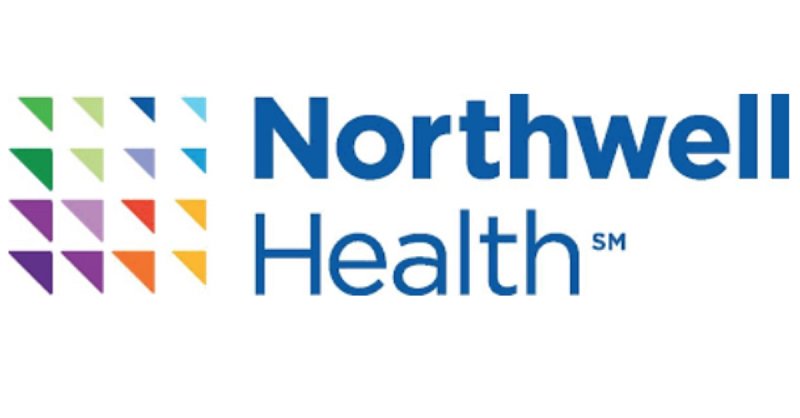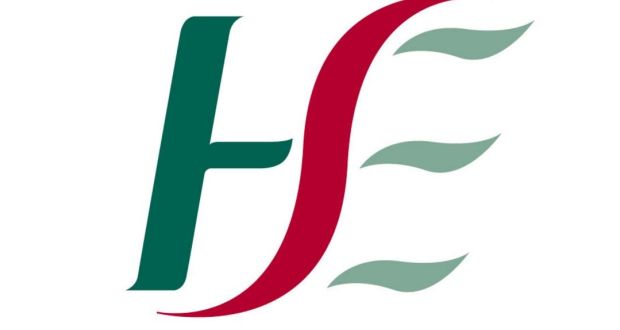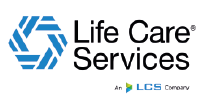Solution to Unsustainable Levels of HSE Staffing
A new Government spending review has found current levels of HSE staffing are not sustainable. The review found a substantial increase in recruitment in the early part of this year with 1,482 staff taken on or a monthly average of 371. It says that HSE estimates on expenditure on agency staff are “not realistic or achievable”, with actual spending ranging from €52 million to €154 million above the projected level from 2015 to 2017.
According to the review, this monthly recruitment level is untenable when combined with the ongoing cost of pay deals and other health service pressures such as pharmaceuticals. As stated in the review, “if this recruitment rate continues for the remainder of 2018 and 2019, it would mean that “73 percent to 80 percent of the total current health budget would be spent on pay.” This would only leave € 98 million to € 135 million of the additional budget (current expenditure) available to fund all other cost pressures in 2018
RNs are critical in the healthcare system, providing patient care, administering medications, and coordinating with doctors and other healthcare staff. Their work is vital to the well-being of patients, and that responsibility often translates into long and irregular hours. Despite the unpredictability, achieving a good work-life balance is crucial for nurses to prevent burnout and ensure the best patient outcomes.
HSE Spending Review

Commenting on the government spending review, Ms. Aimée Madden, CEO and Founder of CliniShift, a digital platform that enables hospital schedulers to fill vacant shifts with qualified clinical staff, said, “It’s clear from the Government spending review that this level of expenditure on pay is not acceptable and hospitals urgently need to find a workable solution to staffing problems.”
“At CliniShift we’ve designed a software solution which eliminates the need for high-cost agency staff,” said Madden. “We’ve successfully deployed the solution in Irish hospitals, where it has generated 30% cost-savings per month (based on an independent whitepaper evaluation carried out by Trinity College Dublin).”
How CliniShift Was Started
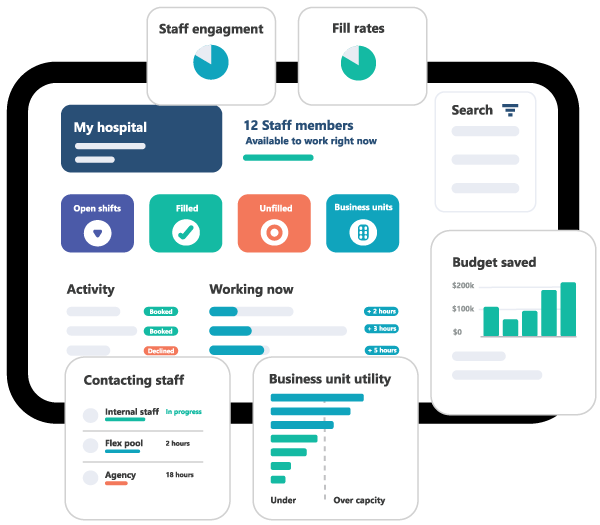
Ms. Aimée Madden, who has worked in the healthcare sector since 2006, founded Clinishift in 2015 as a software communications solution to hospital staffing problems. As the former chief executive of the Whitfield Clinic, a private hospital in Waterford, Madden discovered an enormous amount of time was spent trying to fill rosters in key functions within the hospital, with the problem particularly acute in specialist areas such as theatre nursing.
To tackle the problem at Whitfield, Madden set up a group text messaging service to make quick contact with hospital staff when extra shifts needed to be filled. From this small beginning, Madden launched CliniShift, a digital platform that enables hospitals to fill vacant shifts at short notice with appropriately qualified clinical staff.
Issues with HSE Staffing
HSE’s significant reliance on external staffing agencies resulted in it spending over €4.2 billion on agency staff since 2013. This over-reliance has grown due to ongoing recruitment and retention challenges within the HSE. The use of agency staff, which often includes nurses, doctors, and administrative personnel, is seen as a temporary solution to staff shortages but comes at a much higher financial cost than directly employing staff.
CliniShift’s platform offers a streamlined solution by allowing hospitals to directly communicate with qualified staff to cover shifts, eliminating the need for high-cost third-party agencies.
Combating the HSE Hiring Freeze
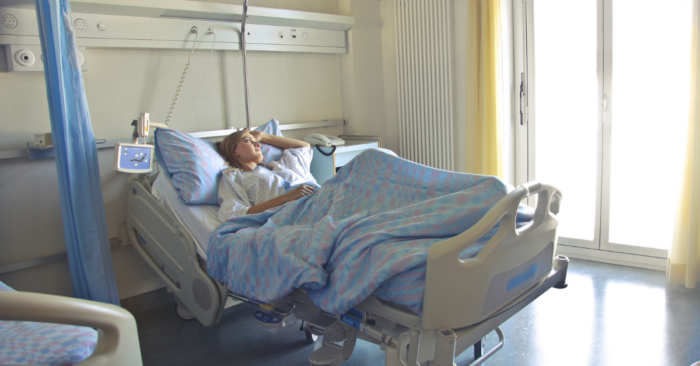
The primary issue with HSE staffing stems from inefficiencies in rostering and scheduling. By automating this process, CliniShift improves both the speed and accuracy of shift assignments, ensuring that hospitals can maintain adequate staffing levels without resorting to expensive agencies. The platform also provides hospital managers with greater flexibility and oversight, enabling them to broadcast shift availability to staff in real-time, significantly reducing the administrative burden of roster management.
Additionally the HSE’s recruitment cap limits the ability of hospitals to hire permanent staff, increasing reliance on expensive temporary agency workers, further driving up costs. This decision is seen as a short-sighted measure that undermines long-term efforts to stabilise the workforce and improve patient care, leading to increasing frustration among healthcare professionals and union representatives.


